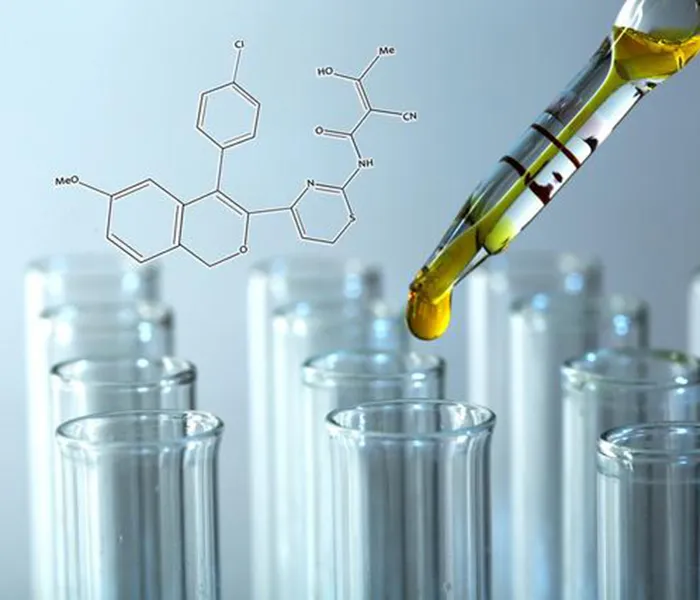When it comes to choosing the right silicone product, people are often confused about the difference between methyl low hydrogen silicone and low hydrogen silicone. Both products are similar in many ways, but they also each have unique properties and application benefits. This article will provide a comprehensive comparison of their properties, applications, and benefits to help you make an informed choice.
After reading this, if you still have questions about silicone oil, or want to find high-quality silicone oil, you may wish to contact KBR, which can provide you with high-quality products and services!
Comparison of properties
First, let’s take a look at the properties of these two silicone oil products. Methyl low hydrogen silicone oil is a polymethylsiloxane with methyl groups and low hydrogen groups, so it has a slightly different chemical structure. Low-hydrogen silicone oil is mainly composed of silicon-hydrogen bonds and does not contain methyl groups. This results in methyl low-hydrogen silicone fluids having greater stability and heat resistance in some aspects, while low-hydrogen silicone fluids may perform better in other aspects.
Application scope
Methyl low hydrogen silicone oil and low hydrogen silicone oil are widely used in their respective fields. Methyl low hydrogen silicone oil is often used in lubricants, sealants, anti-sticking agents and other fields. Its high stability and heat resistance make it perform well in high temperature environments. Low-hydrogen silicone oil is widely used in lubrication, waterproofing, anti-adhesion, etc. Its chemical stability and anti-aging properties make it an ideal choice in many industrial fields.
Performance comparison
From a performance perspective, methyl low-hydrogen silicone oil and low-hydrogen silicone oil are different in terms of lubricity, oxidation resistance, temperature stability, etc. Due to the particularity of its molecular structure, methyl low-hydrogen silicone oil can still maintain good lubricity and stability at high temperatures, while low-hydrogen silicone oil is more outstanding in terms of antioxidant and wear resistance. Therefore, in specific application scenarios, the most suitable type of silicone oil needs to be selected based on the characteristics of the product.
Benefit comparison
Finally, let’s look at the benefits of using methyl low-hydrogen silicone and low-hydrogen silicone. Due to its special chemical structure, methyl low-hydrogen silicone oil performs well under extreme conditions such as high temperature, high pressure, and high speed, so it is widely used in some high-demand industrial fields. Low-hydrogen silicone oil has excellent performance in anti-corrosion and anti-oxidation, and can effectively extend the service life of equipment.
When choosing the right silicone oil product, you need to consider their properties, application range, performance and benefits. Whether you need lubrication in high temperature environments or waterproofing in humid environments, you can choose the most suitable product based on your specific needs. I hope the comparison in this article can help you better understand methyl low-hydrogen silicone oil and low-hydrogen silicone oil, and provide you with a reference for making a wise choice.
را






